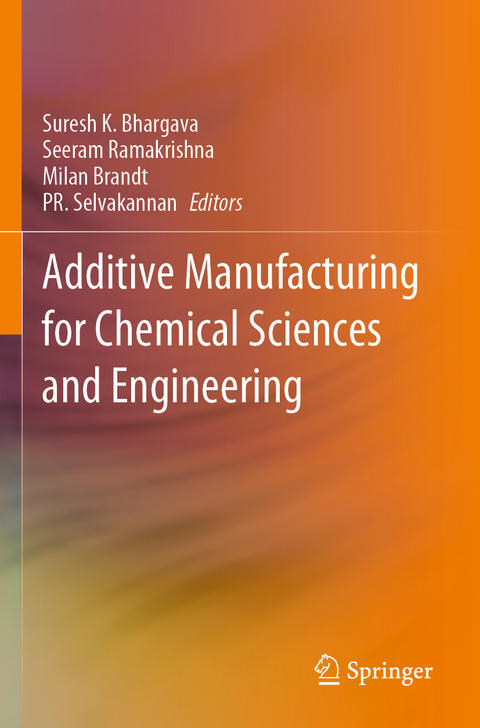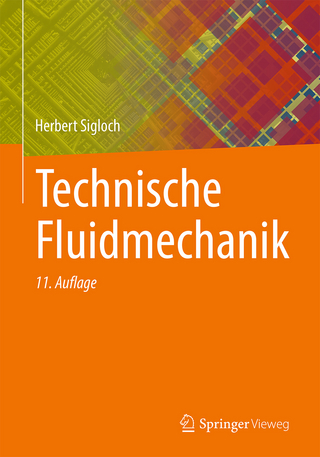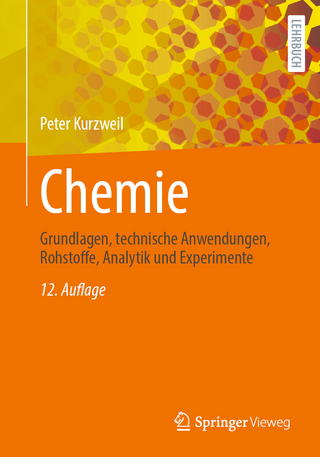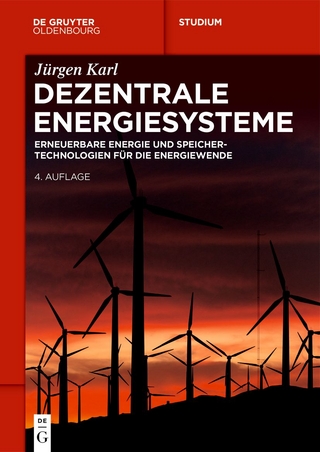
Additive Manufacturing for Chemical Sciences and Engineering
Springer Verlag, Singapore
978-981-19-2295-4 (ISBN)
Distinguished Professor Bhargava is a world-renowned interdisciplinary scientist. He completed his PhD from the University of Exeter, UK under the supervision of the late Professor E W Abel. He then joined the Australian National University in 1983 as a research fellow and today is the Dean - Research & Innovation and Founding Director of the Centre for Advanced Materials & Industrial Chemistry (CAMIC), STEM College, RMIT University. Professor Bhargava has successfully translated his research excellence into innovative technologies for industrial application, championed gender equality in STEM and strengthened academia-industry relationships at an international level. He has authored over 600 highly cited journal articles, 2 books, 16 book chapters and 12 patents with a h-index of 75, i-10 index >403 and over 20300 citations. Holding distinguished professorships at top universities across 6 countries, Professor Bhargava has created platforms for nurturing high-quality, globallyagile PhD students through collaborative research and international engagement. His outstanding contribution to academia and industry has been recognised through many prestigious national and international awards including the ‘CHEMECA Medal’, the most prestigious award in engineering in Australia and New Zealand, and Honoris Causa D.Sc. Degree from Rajasthan University, India which was presented by the President of India. Quoted as being among the top 1% of world scientists in industrial chemistry, Professor Bhargava provides consultancy and advisory services to many government and industrial bodies across the world including BHP Billiton, Alcoa World Alumina, Rio Tinto, and Exxon Mobil. Professor Bhargava is a fellow of six world academies, including the American Association for the Advancement of Science and The World Academy of Sciences, UNESCO. His main research interests focus CO2 utilization, hydrometallurgy, mineral characterisation and processioning, heterogeneous and homogenous catalysis, metallodrugs, nanotechnology and chemical sensors. He introduced the concept of 3G catalysis using 3D printing through his recent research endeavours at RMIT University. Professor Seeram Ramakrishna, FREng is the Chair of the Circular Economy Taskforce at the National University of Singapore. He is an editorial board member of Nature Scientific Reports and an elected Fellow of major professional societies and academies in Singapore, UK, India, and USA. He is named among the World’s Most Influential Minds and the Top 1% Highly Cited Researchers in Materials Science by Thomson Reuters and Clarivate Analytics. He has co-authored 1000 journal papers, authored 8 books, received 110 000 citations, and has a h-index of 158. His research interests include innovations in sustainable materials and evaluation of circularity by life cycle assessment. Distinguished Professor Milan Brandt is the Technical Director of the Digital Manufacturing Facility and Director of the Centre for Additive Manufacturing, RMIT University. Prof. Brandt is the lead Australian researcher in macro machining and additive manufacturing with lasers and has conducted work over the last 37 years in laser cladding, cutting, drilling, welding, and more recently additive manufacturing. This has resulted in technological advancements, patents, research papers and commercial products, which have been recognized nationally and internationally in both scientific and industrial circles. Prof. Brandt is a Fellow of the Laser Institute of America, Honorary Fellow of Weld Australia, Professorial Fellow of the Department of Medicine, Melbourne University and Adjunct Prof. at the University of Waterloo, Canada. In 2018 he was the president of the Laser Institute of America, the largest international association of researchers and industry involved with lasers and laser additive technology and in 2019 he was named the Engineers Australia Centenary Hero for his research which led to Australia’s first locally manufactured 3D printed spinal implant that was implanted into a patient. Dr Selvakannan Periasamy is a middle career researcher at RMIT University, under the mentorship Professor Bhargava. His major fields of interest are CO2 utilisation, methane activation, endothermic fuels for high-speed flight vehicles, Surface Enhanced Raman Scattering, and additive manufacturing in catalysis. He has 75 publications in international peer reviewed journals and a h-index of 34. Before joining RMIT, he worked as a Research Fellow at University of Paris-Sud, France (2007–2009) and as a Research Scientist at the Innovation Centre, Tata Chemicals Ltd, India (2005–2007). He received his PhD (2005) from the National Chemical Laboratory (University of Pune), India. He graduated from the American College, India with master’s and bachelor’s degrees in Chemistry (1996–2001).
Chapter 1. Additive Manufacturing.- Chapter 2. An general introduction and its evolution.- Chapter 3. Additive Manufacturing.- Chapter 4. Basic principles and types of AM technologies.- Chapter 5. Fused Deposition modelling and stereolithography.- Chapter 6. Polymer and plastic printing.- Chapter 7. Selective Laser Melting.- Chapter 8. Metal printing techniques.- Chapter 9. Robocasting technique.- Chapter 10. Ceramic materials printing.- Chapter 11. Pre-treatment, Washcoat and Chemical functionalization AM based surfaces.- Chapter 12. Developments in chemical reactor design using AM technologies.- Chapter 13. Recent developments in AM based applications in Chemical and Chemical Engineering.
| Erscheinungsdatum | 07.09.2023 |
|---|---|
| Zusatzinfo | 138 Illustrations, color; 17 Illustrations, black and white; XIII, 331 p. 155 illus., 138 illus. in color. |
| Verlagsort | Singapore |
| Sprache | englisch |
| Maße | 155 x 235 mm |
| Themenwelt | Naturwissenschaften ► Chemie ► Technische Chemie |
| Technik ► Maschinenbau | |
| Schlagworte | Additive manufacturing based reactionwares and reactors • Additive manufacturing basics and principles • additive manufacturing techniques • Adsorption and Separation • Chemical and Biological Sensing • Chemical process intensification • Surface functionlisation of substrates |
| ISBN-10 | 981-19-2295-0 / 9811922950 |
| ISBN-13 | 978-981-19-2295-4 / 9789811922954 |
| Zustand | Neuware |
| Informationen gemäß Produktsicherheitsverordnung (GPSR) | |
| Haben Sie eine Frage zum Produkt? |
aus dem Bereich


